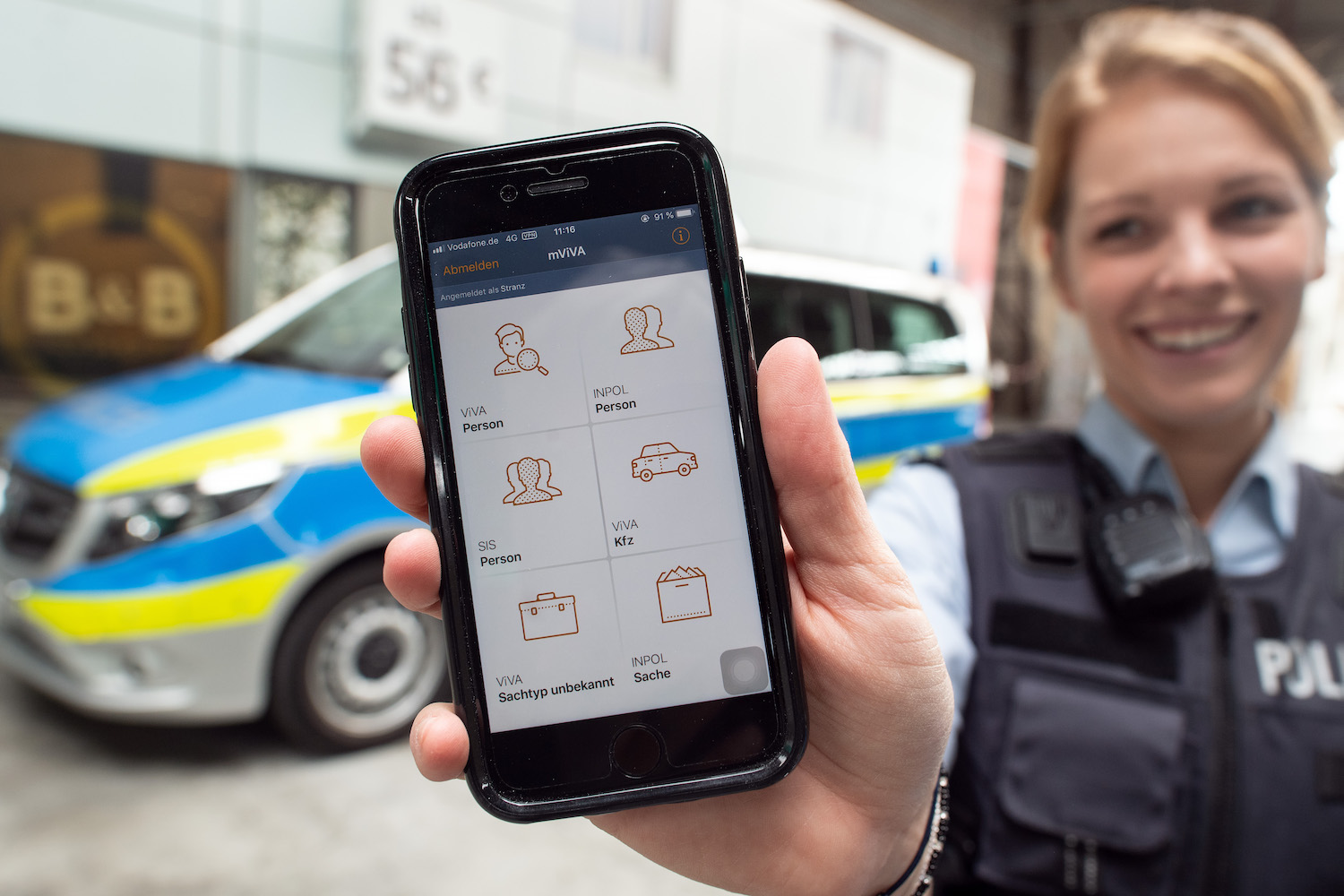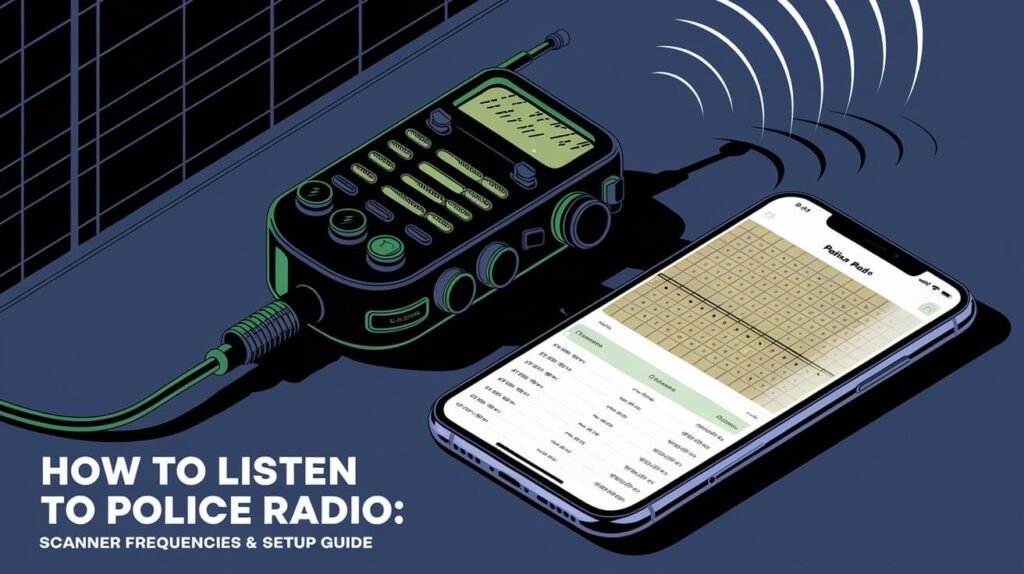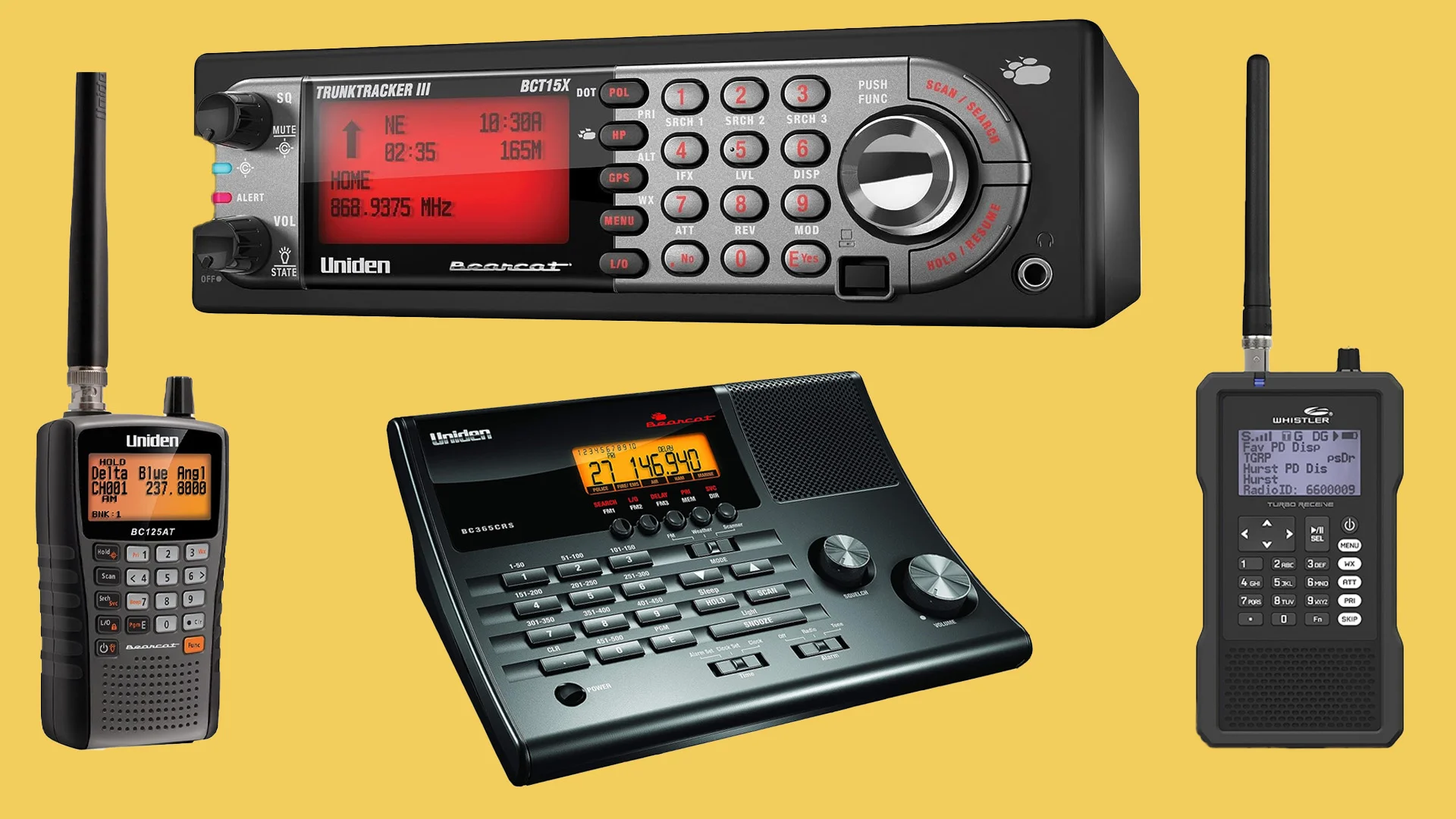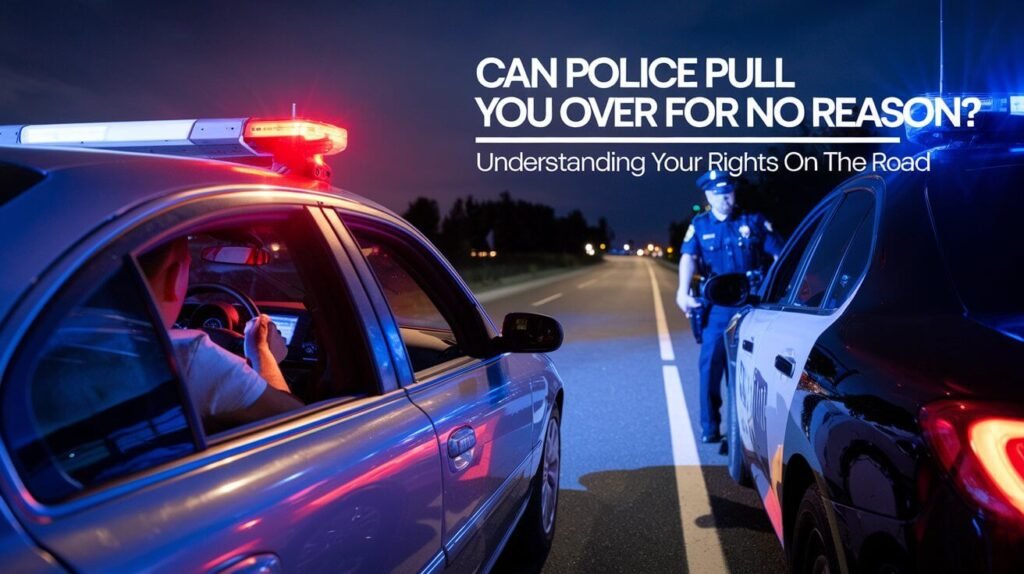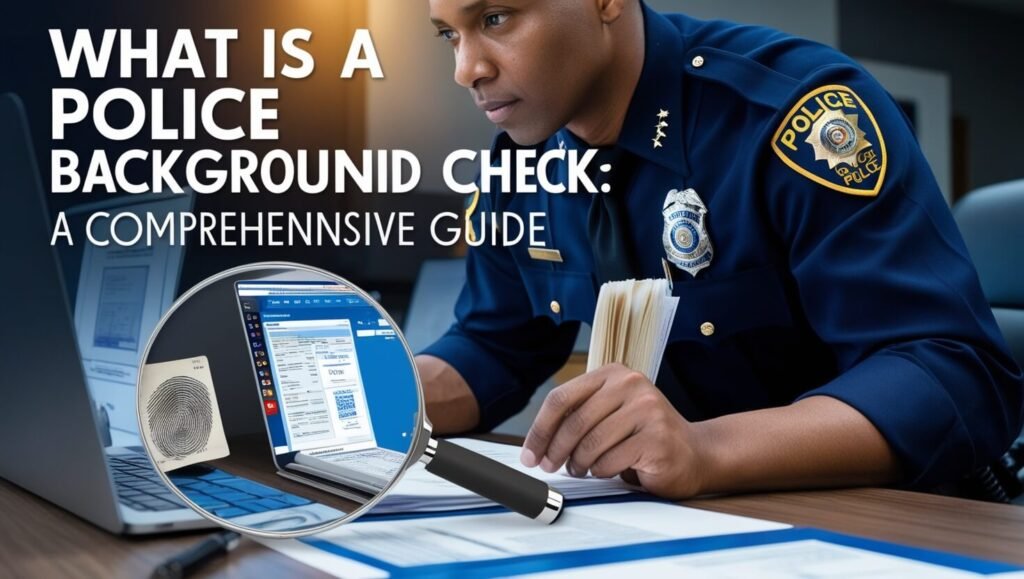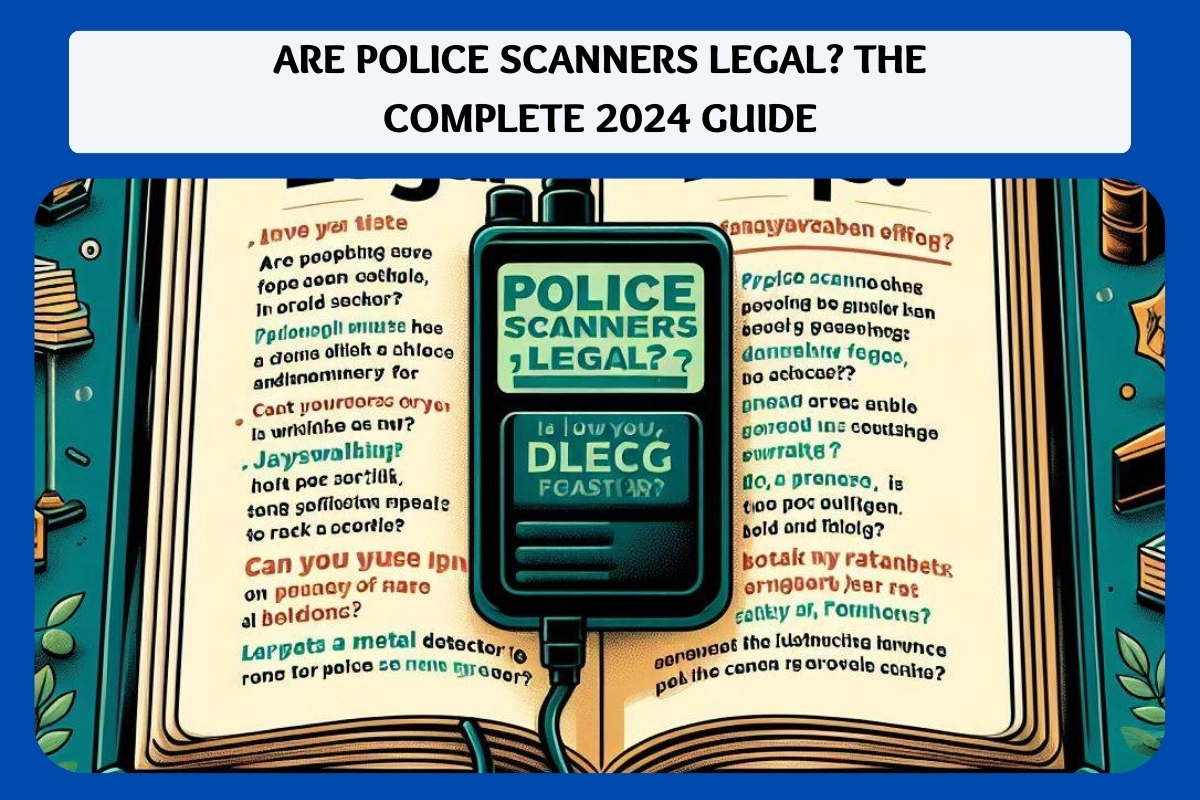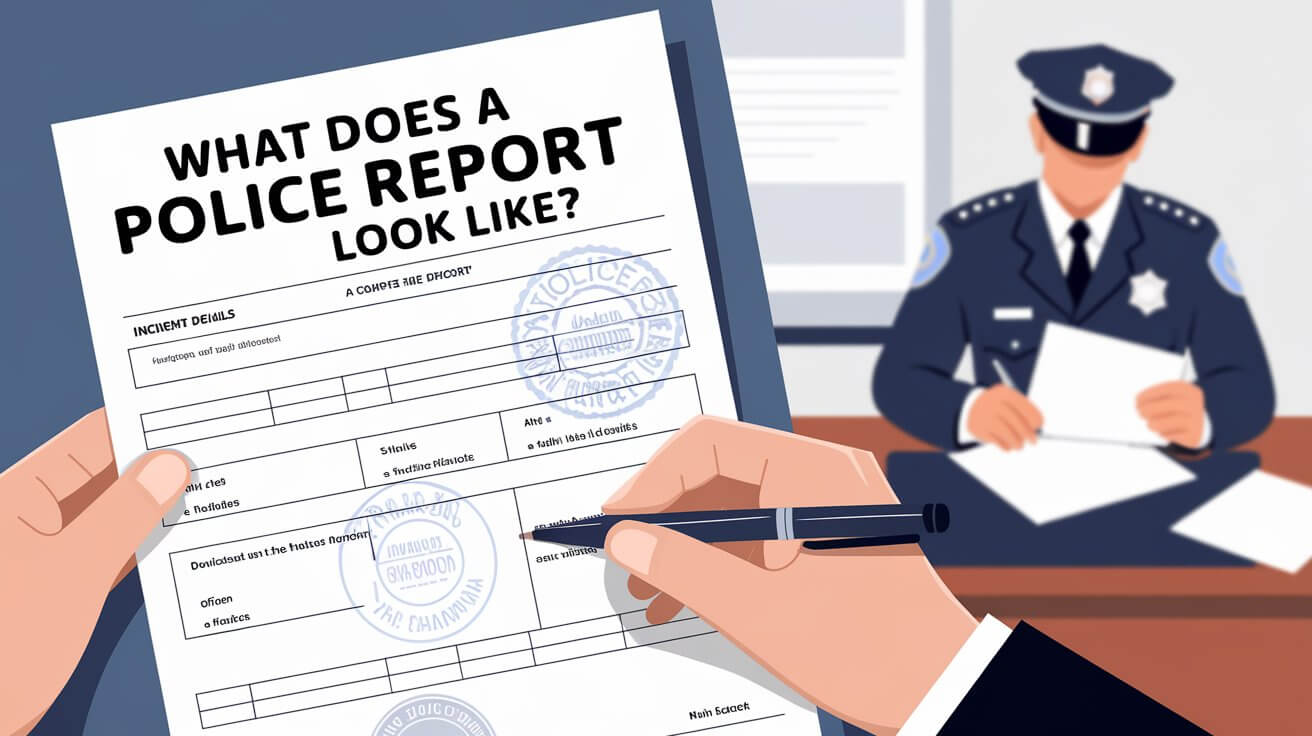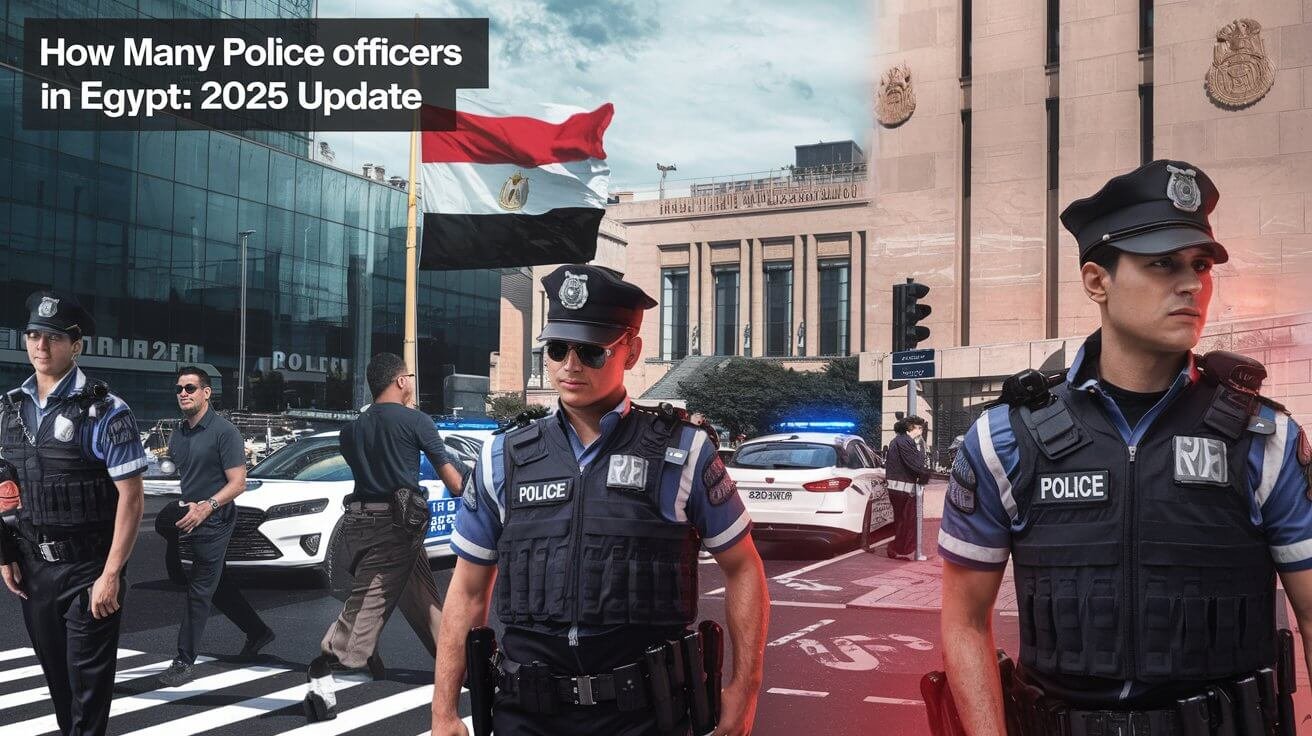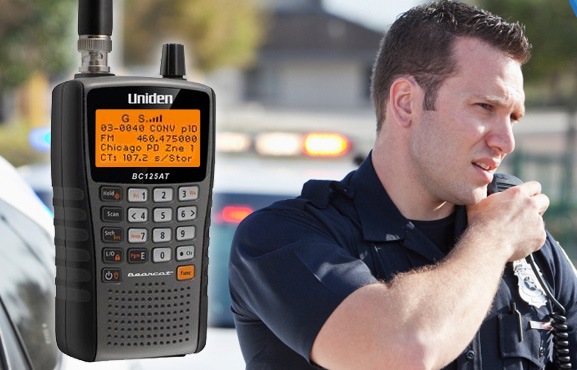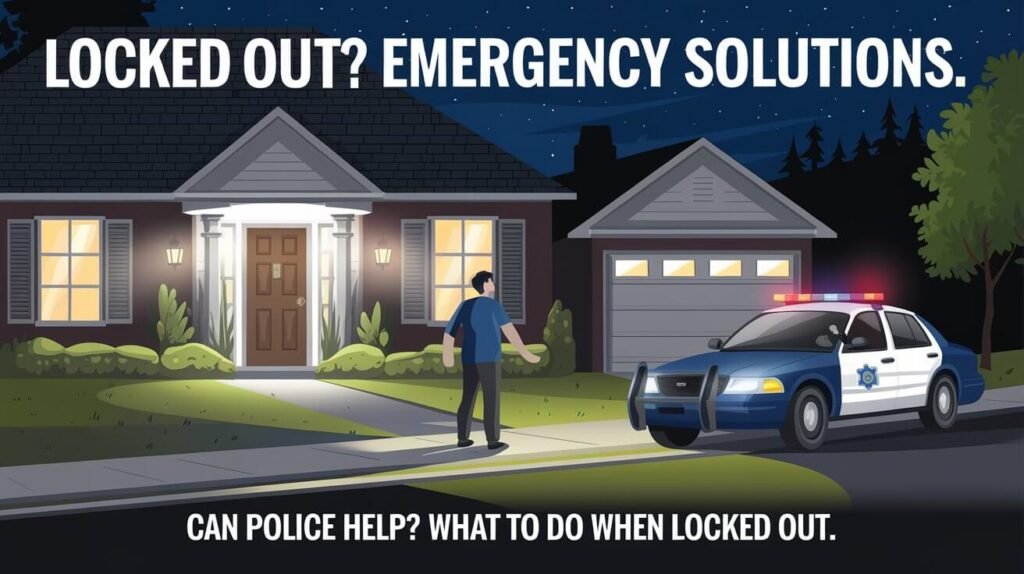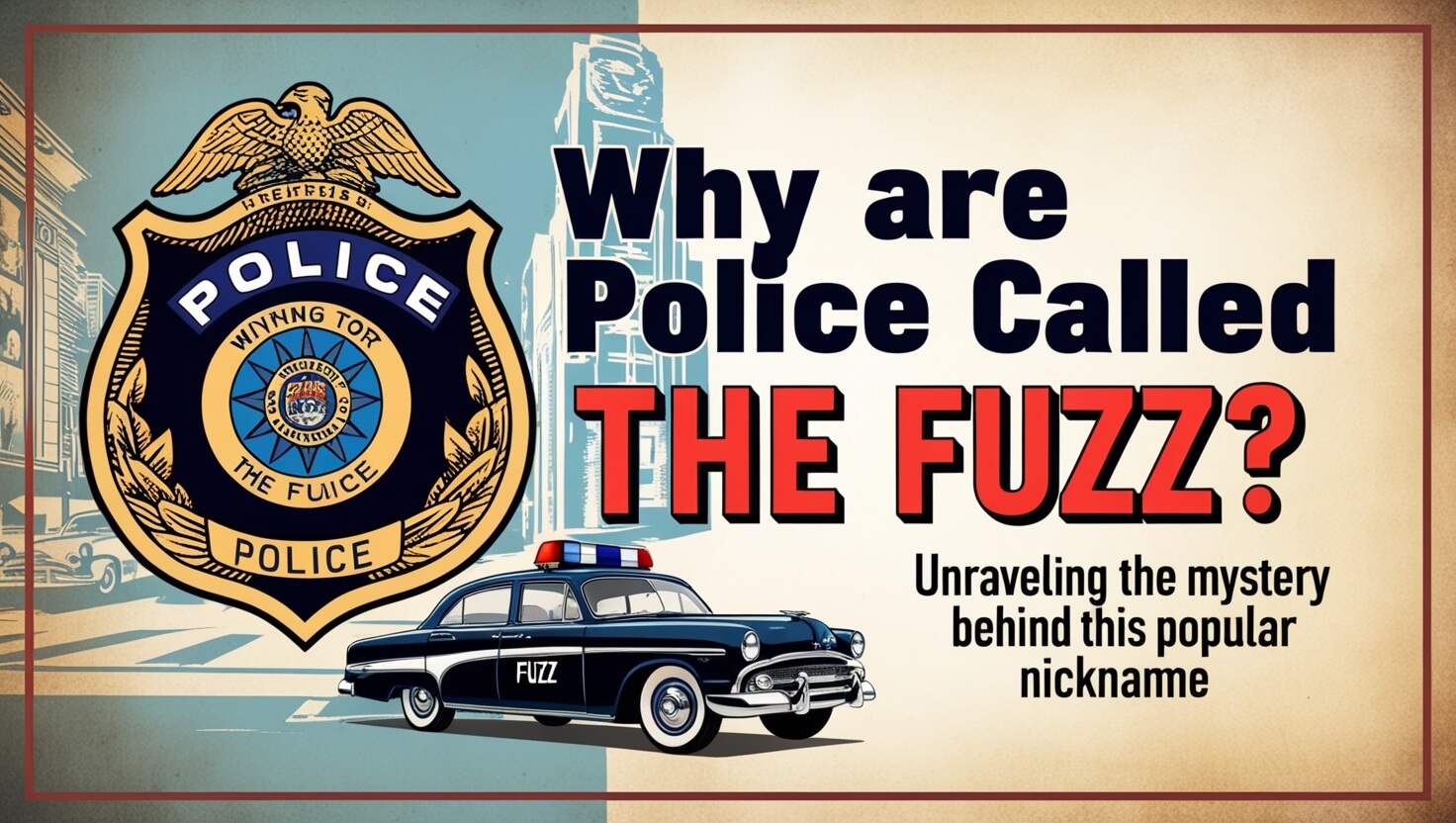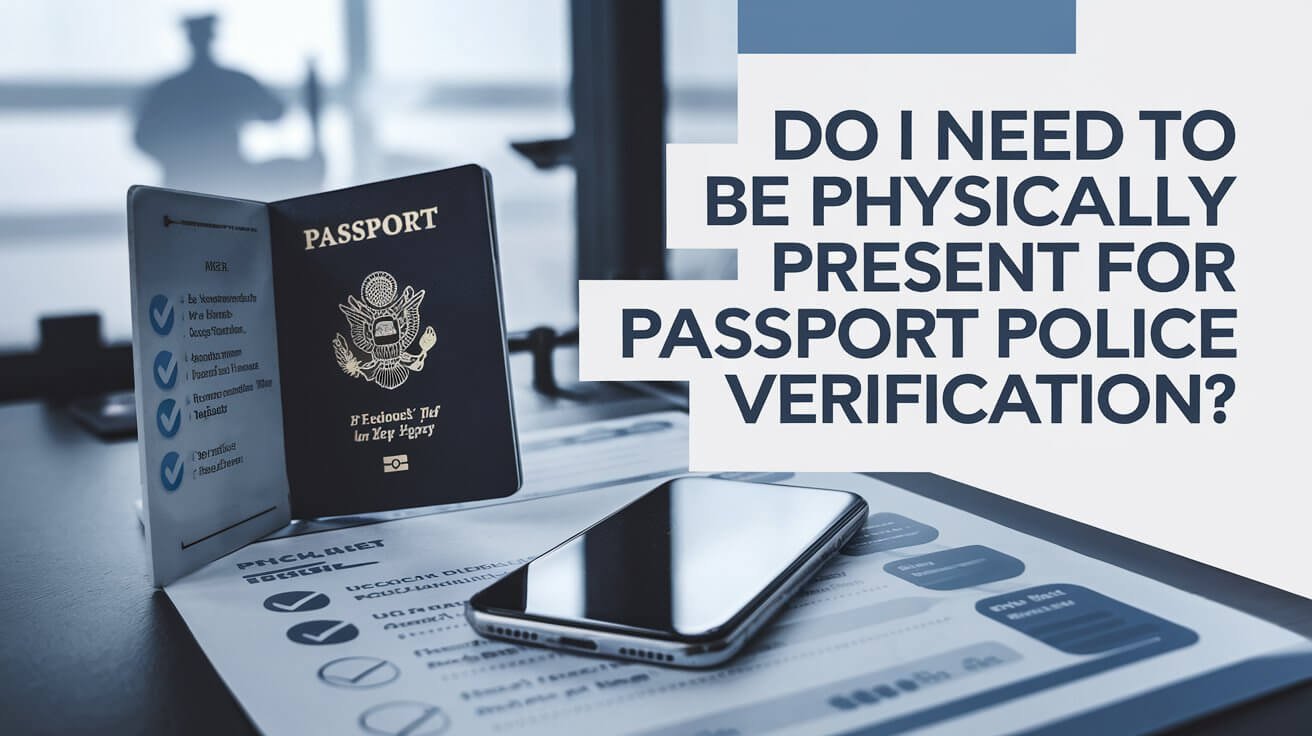Is It Illegal To Listen To Police Scanner
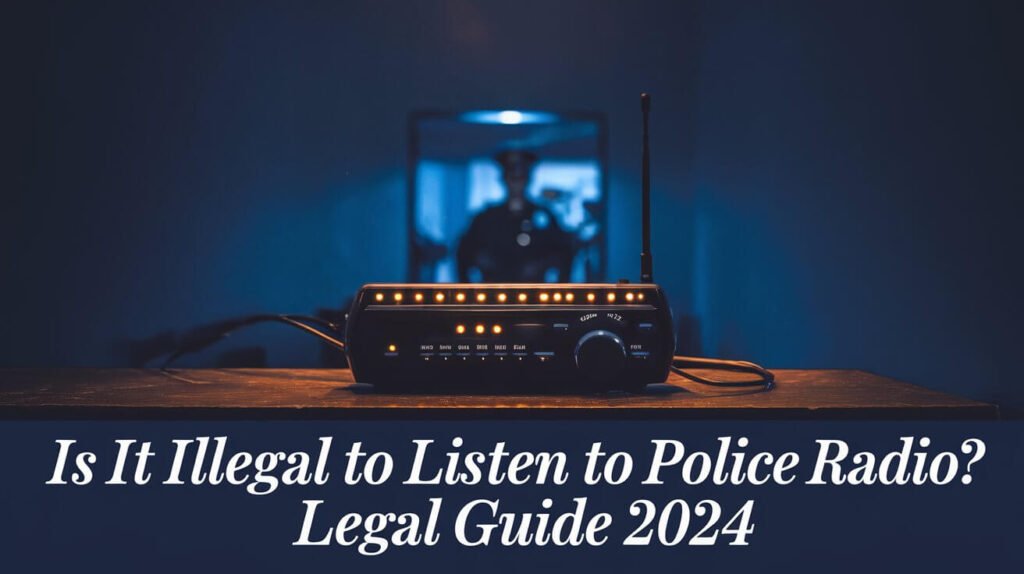
The crackle of static, a coded voice cutting through the air, the faint urgency underlying every transmission – for some, it's just noise. But for others, it's a window into the hidden world of law enforcement, a real-time drama unfolding across city streets and quiet neighborhoods.
The allure of the police scanner is undeniable. But does pressing your ear to that digital keyhole put you on the wrong side of the law?
This article explores the surprisingly nuanced legality surrounding police scanner use, separating fact from fiction and providing clarity for both casual listeners and dedicated enthusiasts.
A History of Open Airwaves
The history of radio scanners dates back to the early days of radio technology. They initially were used primarily by hobbyists and those involved in emergency services.
Early scanners were analog and could be easily tuned to local police, fire, and ambulance frequencies. This era saw the rise of scanner clubs and communities, where people shared information and listened together.
As technology evolved, so did the scanners themselves. Digital scanners emerged, capable of decoding more complex transmissions. This led to encryption and a tightening of access to certain channels by law enforcement.
The Core of the Matter: Is it Legal?
The simple answer is generally yes, listening to a police scanner is legal in the United States, but with significant caveats. Federal law doesn’t prohibit listening to unencrypted radio communications.
The Electronic Communications Privacy Act of 1986 (ECPA) made it illegal to intentionally intercept cellular communications. It also prohibits using intercepted communications for commercial gain or malicious purposes.
However, the ECPA specifically exempts over-the-air radio communications from its most stringent restrictions, so scanning unencrypted police broadcasts is typically permissible under federal law.
State and Local Variations
While federal law provides a baseline, state and local laws can impose additional restrictions. Some states have laws that prohibit using a scanner while committing a crime or to further a criminal enterprise.
For example, using a scanner to gain an unfair advantage, obstruct justice, or impede law enforcement efforts would be illegal. In Kentucky, it is illegal to possess or use a police scanner to commit a crime.
Several states restrict scanner use in vehicles. This aims to prevent distracted driving and potential interference with emergency responders. It's crucial to research local regulations.
Encryption: The Game Changer
The rise of digital radio systems and encryption has significantly impacted scanner access. Many law enforcement agencies now use encrypted channels, making it impossible for the public to listen in using standard scanners.
Encryption is intended to protect sensitive information, such as personal details of crime victims or ongoing tactical operations. This shift has frustrated some scanner enthusiasts, but it's a necessary measure for security and privacy.
Attempting to decrypt encrypted communications is illegal. It can result in serious penalties under federal law.
The Ethical Considerations
Beyond the legal aspects, there are ethical considerations associated with listening to police scanners. The information gleaned from scanners can sometimes be sensitive and personal.
It's important to respect the privacy of individuals involved in police activity. Sharing information obtained from scanners on social media, especially information that could identify victims or compromise investigations, can be harmful and unethical.
Responsible scanner listeners prioritize public safety and avoid interfering with law enforcement operations. This includes refraining from actions that could jeopardize officer safety or the integrity of an investigation.
Who Listens and Why?
People listen to police scanners for a variety of reasons. Some are simply curious about what's happening in their community.
Others are interested in public safety and want to stay informed about emergencies and potential threats. Journalists and news organizations often monitor scanners to gather information about breaking news events.
Still others are amateur radio enthusiasts or members of citizen volunteer groups who use scanners to assist in emergency response efforts.
"The scanner is my window to the world," says Mark Olsen, a long-time scanner enthusiast from Ohio. "I feel more connected to my community when I know what's going on. It's also helped me become more aware of safety issues and how to respond in an emergency."
Future Trends
The future of police scanner listening is uncertain. The increasing use of encryption will likely continue to limit public access to law enforcement communications.
However, technology is also evolving. Software-defined radios (SDRs) offer more flexibility and advanced decoding capabilities, potentially allowing access to some digital channels.
Ultimately, the balance between public access and law enforcement security will continue to shape the future of scanner listening.
Staying on the Right Side of the Law
To ensure you're listening legally and ethically, follow these guidelines: Check your state and local laws regarding scanner use, particularly in vehicles.
Refrain from using scanner information to commit a crime or interfere with law enforcement. Respect the privacy of individuals involved in police activity.
Avoid sharing sensitive information on social media. Do not attempt to decrypt encrypted communications.
Conclusion
The world of police scanners is a complex intersection of technology, law, and ethics. While listening to unencrypted channels is generally legal, it's essential to be aware of the rules and regulations in your area.
More importantly, it's crucial to approach scanner listening with a sense of responsibility and respect for the privacy and safety of others.
So, tune in, stay informed, and listen wisely. The airwaves are open, but with that access comes a responsibility to use the information ethically and legally.


